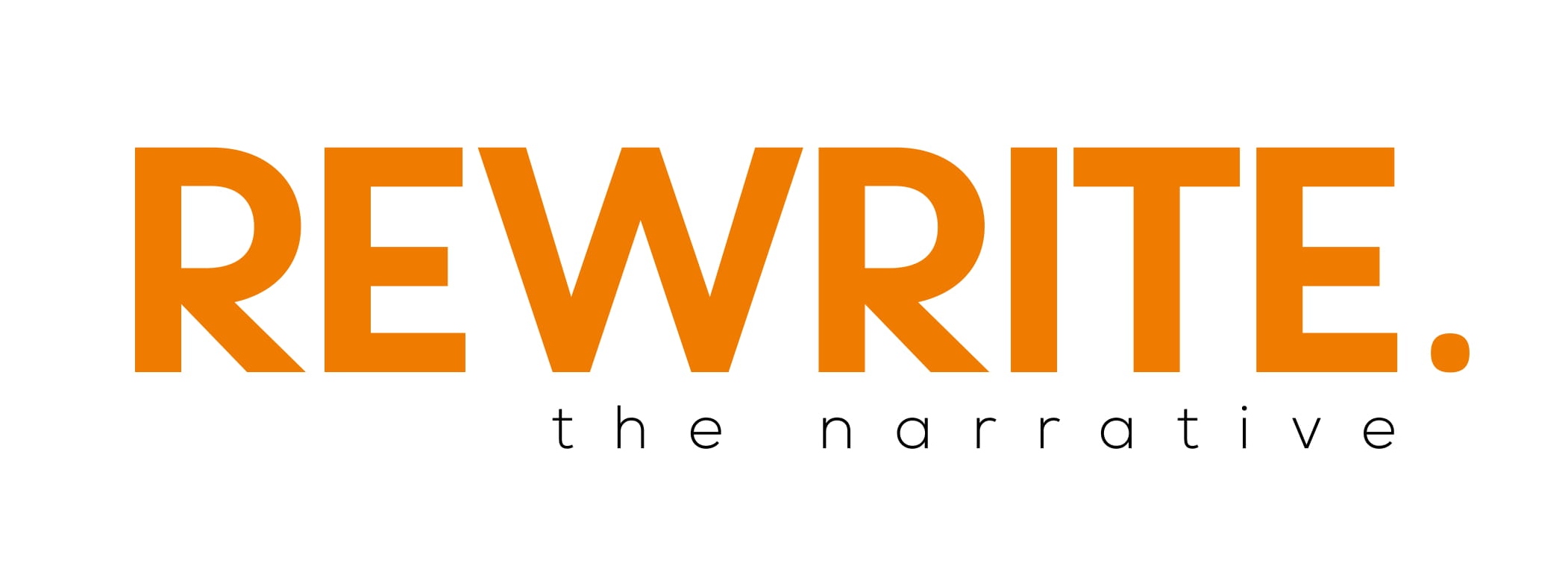Any narrative that assumes women can be treated as a united voting bloc with no concern for race, class, or other factors is short-sighted and deeply misguided. The history of feminist politics has shown the dangers of ignoring the work of marginalized women, cis and trans.
Hood Feminism: Notes from the Women White Feminists Forgot by Mikki Kendall | Non-Fiction | Bloomsbury Publishing | 288 pages | Review by Firqin Sumartono
Hood Feminism: Notes from the Women White Feminists Forgot by Mikki Kendall is a searing indictment of the mainstream feminist movement and its glaring flaws that have left some of the most vulnerable behind. Kendall’s ferocious essays courageously call for feminists to rethink the way we carry out our movement and reveals in detail how mainstream feminists have failed to take into account populations that are too often excluded. Drawing on her personal experiences of poverty, violence, and as a parent, Kendall’s essays covered urgent topics like patriarchy, poverty, intimate partner violence, education, reproductive justice, respectability politics, hypersexualisation, classism, sexual harassment, and disability. Despite the range of problems covered, Kendall carefully and sensitively deconstructs each dilemma to explain how feminism has failed and how these failures have been consistently overlooked by those of us who pride ourselves as feminists.
Kendall’s ferocious essays courageously call for feminists to rethink the way we carry out our movement and reveals in detail how mainstream feminists have failed to take into account populations that are too often excluded.
I adored this book and Kendall’s style. She is blunt and her words cut deep, requiring us to accept some inconvenient truths about ourselves and the movement we claim to be a part of. Despite feeling uncomfortable and wondering if I have been guilty of being part of the problem, I realized how important it was to sit with this discomfort. Ultimately, Kendall’s feminism is the feminist life I want myself and others to lead; one based on the ideas and action, not as lip service or performative activism to feel sanctimonious.
Inconvenient Truths
In chapters like “Black Girls Don’t Have Eating Disorders” and “Reproductive Justice, Eugenics and Maternal Mortality,” Kendall challenges harmful health myths that endanger young Black women from not getting the help they need. Kendall also touches on the misconception that individuals in low-income communities do not eat healthfully. She asserts that the articles propagating this information miss the mark and do not address the structural issues that prevent low-income communities from accessing these foods, including price and physical availability. Additionally, individuals simply might not find the dishes suggested to be palatable. These health campaigns are coded in racist language that blames ethnic cuisines for a community’s poor health and is intellectually lazy when they utilise cultural pathology to diagnose a community’s issue. In “Reproductive Justice, Eugenics and Maternal Mortality,” Kendall challenges the arguments used frequently by mainstream feminists to fight for abortion rights. She argues that they border on eugenics and are coded in ableist language. Each chapter by Kendall was designed to focus on the experiences of the marginalized and populations most often overlooked.
Throughout the book, Kendall uses her platform as a clarion call for some women to accept inconvenient truths.
Throughout the book, Kendall uses her platform as a clarion call for some women to accept inconvenient truths, specifically how some women oppress others and how feminists and feminist organizations suffer from saviour complexes. Mainstream feminists swoop into communities without having a realistic understanding of the complex nature of the community and the community’s needs. Kendall reminds us that women in the communities that we try to save do not require white saviours and do not need to structure their feminism and work to replicate mainstream feminism. Instead of imposing feminist ideologies that do not match or solutions that do not solve the problems, she emphasizes how the hood needs resources and not answers. Feminism is not a one-size-fits-all solution.
Respectability Politics
Kendall declares that respectability politics force individuals to perform an incredible amount of emotional labour and can result in tremendous personal suffering. She also argues that respectability politics have failed in helping move the needle in terms of equality. Rather, when people of colour do their part to conform and participate in respectability politics, they ignore and bury their true selves to be able to compete in a rigged structure.
Throughout Hood Feminism, Kendall thoughtfully takes mainstream feminism to task for failing to listen to the voices at the front lines and in the margins. Furthermore, feminism needs to acknowledge that gatekeepers do not know everything and largely lack the experience to relate to and represent those they claim to be speaking for. Despite the frustration with feminism and its many blind spots, Kendall is not asking us to give up on the movement. She lays out a way to achieve a more compassionate, intersectional, and comprehensive feminism reminding us that “true feminist solidarity across racial lines means being willing to protect each other, speaking up when the missing women are not from your community, and calling out ways that predatory violence can span multiple communities.”
Ultimately, Kendall’s feminism is the feminist life I want myself and others to lead.

ZORA Online Course Feb 2024
ZORA Online Writing Course. Next course dates: 5th Feb – 29th Feb
Want to improve your writing but can’t find the time to attend a course? Our online creative writing course is perfect for busy and hectic lives. The assignments are sent to you every morning, so you can do them whenever and wherever you want!
<span s…

